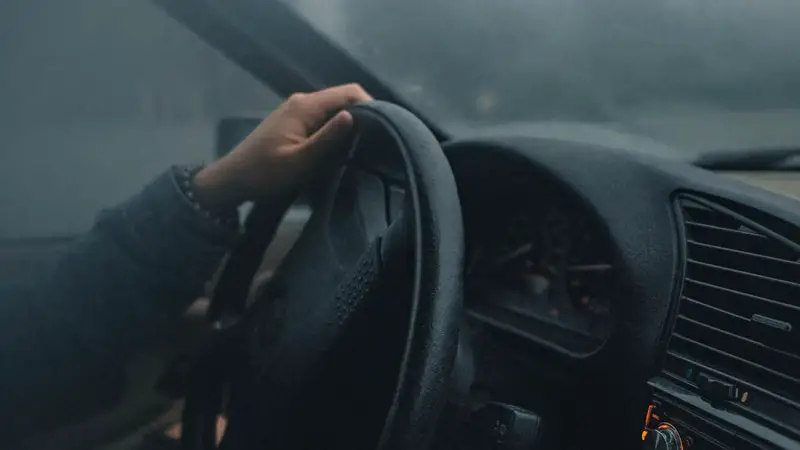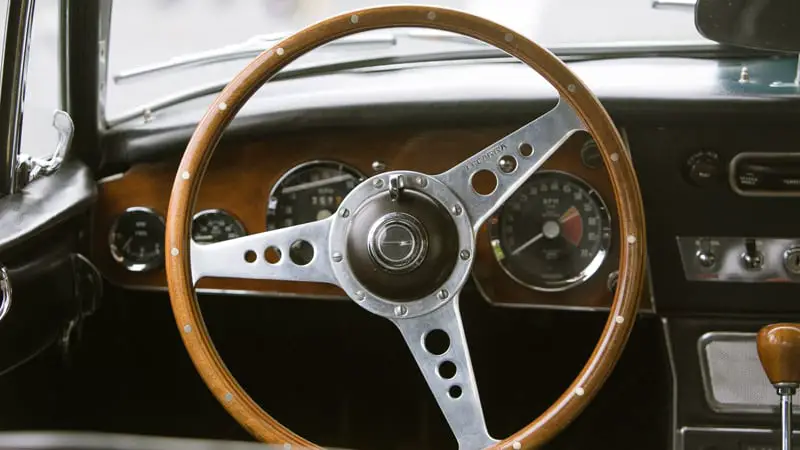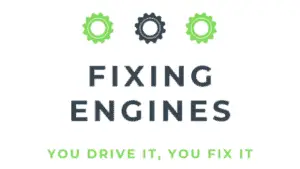Surely, you’ll agree with me that the steering wheel is one of the most important components of a car. It’s designed to help you steer your vehicle easily in the right direction.
In normal driving conditions, the steering wheel is expected to turn smoothly. If the steering wheel starts jerking, especially when you try to stop your car, this is a warning sign that something is wrong with your vehicle.
One of the common causes of the jerky steering wheel when braking is faulty brake calipers. Having worn-out brake pads can also affect your vehicle’s steering wheel, causing it to jerk when stopping or slowing down. That’s not all: if your brake rotors are damaged, it could also make your car jerk when braking.
Why does my car shake when I brake? What makes the steering wheel jerk when braking? Is it bad if my car shakes when I brake? What causes the steering wheel to jerk when braking? As you read through the rest of this article, you’ll find answers to the questions above.
Why Does My Vehicle Shake When I Brake?

Owning a vehicle, no doubt, has a lot of benefits. However, it’s not without its problems. One of the annoying issues that drivers experience when driving their car is car jerk, which mostly happens during acceleration and braking. If you’re currently experiencing this issue, I’m sure you’re interested in knowing why your vehicle is misbehaving.
Well, you need to understand that several different factors can contribute to why your vehicle is misbehaving and jerking when braking or accelerating. Yes, the car shaking issue is a common problem that drivers experience, and the issue is usually from the braking system.
Here’s How The Braking System Works
There are two different types of brakes; disc brake and drum brake.
The disc brake has brake rotors – these are metal discs that are usually coupled to the wheel of the car. Furthermore, each of the rotors is fitted with brake calipers. This is what makes it easy for the combination of the rotor and wheel to rotate smoothly when driving. However, as you press the brake pedal, the rotor and wheel combination will stop to rotate, providing the pressure that actuates the hydraulic brake fluid.
Within the brake calipers lies the brake pads. The actuation of the fluid in the braking system is what will bring the pads in contact with the brake discs, causing your wheels to slow down.
Here’s Why Your Car Shakes When Braking
Now, let’s talk about the common causes of car jerking when braking. As earlier mentioned, the issue of car jerking is usually from the braking system. Furthermore, as you already know, the brake discs, rotors, calipers, and brake pads are the components that keep the braking system working. So, if any of the components is faulty, it could make your vehicle jerk unexpectedly when breaking.
That said, it’s safe to say that worn-out brake pads, faulty brake rotors, and defective brake calipers are the most common cause of car jerking when braking.
Why Does The Steering Wheel Jerk When Braking?

The simple answer is – several factors, including worn-out brake pads and faulty brake rotors, can make your steering wheel jerk when braking. That said, let’s have a quick look at some of the common causes below:
- Worn-out brake pads
As you already know, the brake pads are a component of the disc brake. The primary function of the pads is to apply pressure to the rotor – another disc brake component that’s usually connected to the wheels. The pressure from the brake pads is what makes it possible to slow or stop your vehicle.
If your vehicle’s brake pads are worn out, this could cause your steering wheel to jerk unexpectedly when braking. So, here’s my advice; as soon as your steering wheel starts jerking, ensure to call your mechanic to run a check and fix the issue for you.
- Worn-out or warped brake rotors
Worn-out or warped brake rotors are arguably the most common cause of the steering wheel jerking issue. This issue is most likely caused by the emergency pressing of the brake pedal at high speeds. In this case, friction is created when the brake pads touch the rotors, producing heat.
Another way to confirm whether or not the brake rotor is the culprit is if you can feel some vibrations through the brake pedal as you press your foot down on it.
- Faulty brake calipers
Apart from warped rotors and worn-out brake pads, another common cause of a jerking steering wheel is faulty brake calipers.
The brake calipers are an essential component of the braking system. They are usually connected to each of your vehicle’s wheels. The primary function of the calipers is to push the brake pads against the rotors. The purpose of that is to help slow the spin of the wheels as you press down the brake pedal.
Some of the main causes of faulty brake calipers are worn-out pads and warped rotors. Unfortunately, if the calipers go bad, this will most likely cause your steering wheel to jerk when braking. However, you need to know that this issue mostly affects older vehicles.
Is It Bad For My Vehicle To Jerk When Braking?
If you’re currently experiencing a situation where your car jerks when braking, then you need to understand that this is a warning that everything is not okay with the vehicle.
Yes, it’s a bad thing for your car to jerk constantly when braking. This is why you need to contact an automobile repairer as soon as possible to help you check and fix the issue immediately.
It’s not a good thing to leave a jerking vehicle without fixing the issue. That’s so because this type of issue will, most likely, lead to other problems. Unfortunately, if this happens, you’ll have to pay extra money to get the issues fixed.

